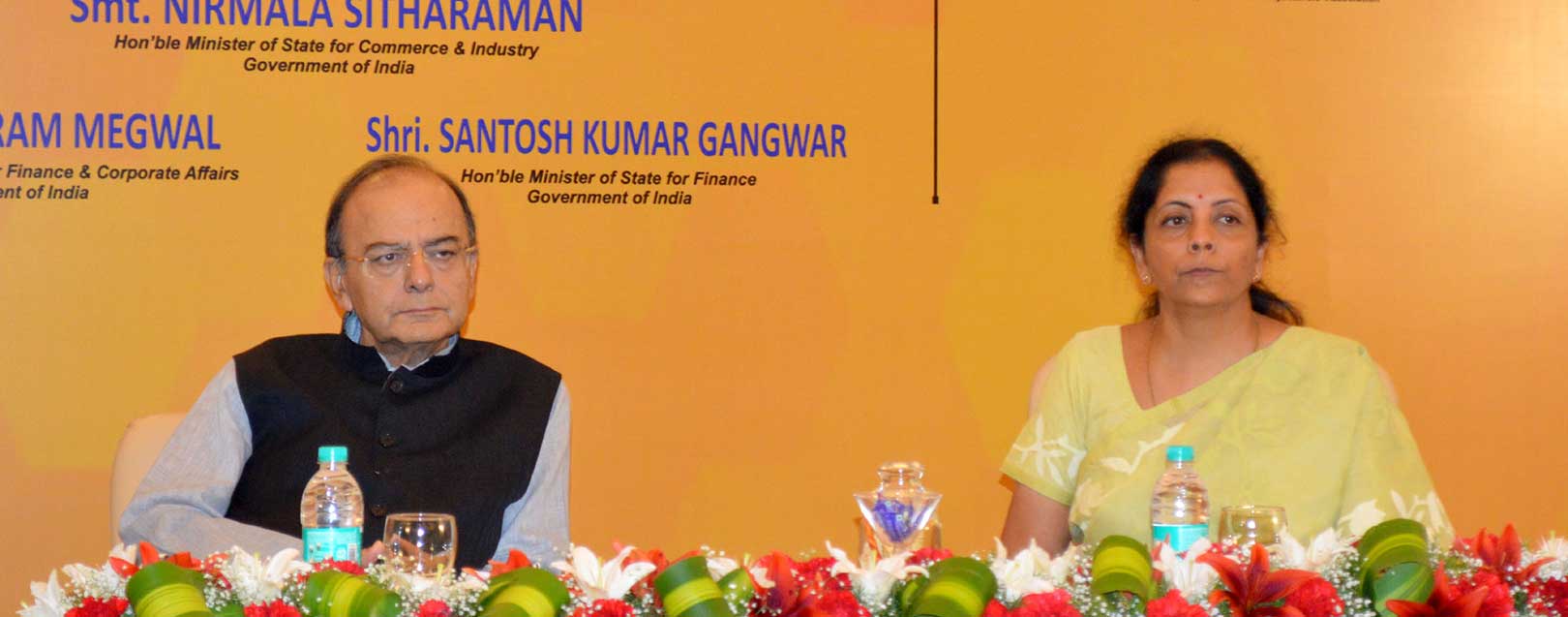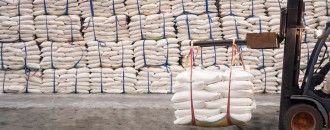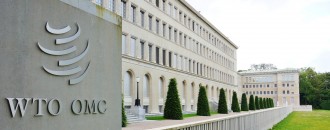
Export incentive Schemes under the FTP – Are exports still ‘incentivising’ under the GST regime?
By Ranjeet Mahtani and Suhasini Joshi
The Government of India has always endeavoured to encourage and incentivise exports, and it has been an avowed policy to export goods and services and not taxes and duties. The Ministry of Commerce, Government of India has consistently formulated schemes aimed at diversifying Indian exports and creating a stable policy environment- Foreign Trade Policies (FTP). The FTP 2015-20 announced various schemes (some new and others modified existing schemes) as a step towards the Prime Minister’s much touted ‘Make in India’.
On June 30th, 2017 the Directorate General of Foreign Trade (DGFT) issued a Trade Notice amending the scope, applicability and procedural aspects of some of the FTP schemes, in view of and to align with the new GST regime that India embraced from 01st July, 2017 – all these changes took effect from July 1st, 2017. Are these FTP schemes still incentivising exports after the amendments? Some of the key amendments scheme-wise are discussed below:
- Merchandise Exports from India Scheme (MEIS) and Service Exports from India Scheme (SEIS) are focussed on boosting merchandise and service exports from India. The rewards granted under these schemes are that of duty credit scrips. Previously, the scrips could be used for making payments of customs duties on the import of goods, excise duties on certain domestic procurement of goods and service tax on the receipt of specified services.
Under the GST regime, MEIS and SEIS scrips can be used only for payment of Basic Customs Duty (BCD), and cannot be used for payment of Integrated GST (IGST) and GST Compensation Cess leviable on imports, and Central GST (CGST), State GST (SGST), IGST and GST Compensation Cess on domestic procurements. Therefore GST will have to be paid in cash by importers, resulting in cash outflow at the point in time of import, although credit of such taxes paid in cash would be available to them. One moot aspect also is that the Government has assured refund for taxes paid in exports within 7 days (upto 90%), yet, it does not consider the life-cycle of production/service rendition from the point of import!
- The Advance Authorization (AA) scheme and Duty-Free Import Authorization (DFIA) Scheme allow duty free import of inputs which are physically incorporated in the resultant exports to manufacturers/exporters including those associated with supporting manufacturers, subject to certain conditions.
Under the GST regime, while the exemption from payment of Customs duties, including BCD, Additional Customs Duties Anti-dumping Duty, Safeguard Duties and Customs Cesses continue, there is no exemption from payment of IGST and GST Compensation Cess for imports under AA/DFIA. Companies making local procurements will have to pay applicable GST using an Invalidation Letter of AA/DFIA.
Therefore, there can be seen to have occurred a paradigm shift in pattern and manner of business transactions. Previously, an exporter need not have funded the tax portion of imports in the production of goods, which will be necessary under the GST regime.
Further, the Advance Release Order (ARO) facility available for domestic procurement of inputs under AA has been restricted only to certain inputs (listed in the Fourth Schedule of Central Excise Act, 1944 (CE Act)) such as tobacco and petroleum products. Therefore, AA cannot be used for domestic procurement of other inputs.
- The Export Promotion Capital Goods (EPCG) scheme encourages manufacturers / exporters to import capital goods including spares for pre-production, production and post-production activities at zero duty subject to an export obligation of 6 times of duty saved on capital goods imported under the EPCG scheme, to be fulfilled in 6 years from the authorization issue date.Under the GST regime, the exemption from import duties under EPCG does not extend to any IGST payable and is restricted to BCD. Further, the ARO facility for domestic procurement of capital goods has been discontinued.
- Schemes in the nature of Export Oriented Unit (EOU), Electronics Hardware Technology Park (EHTP), Software Technology Park (STP) or Bio-Technology Park (BTP) were introduced to aid in the establishment of units proposing to export a broad spectrum of their goods and services with the exception of permissible sales in the Domestic Tariff Area (DTA). These units enjoyed duty-free import of input used in their activities.
In the GST regime, though exemption has been given to the import of goods covered under GST from customs duties, IGST and Compensation Cess is payable on these imports. Further, GST is payable on domestic procurement which was earlier exempted ab initio.Only procurement of goods covered under Fourth Schedule of the CE Act will continue to enjoy the ab initio exemption from central excise duty.
On DTA clearances of finished goods, GST will be payable by EOUs, along with the requirement to pay back the BCD on imported inputs. Further, the transfer/supply of goods from one unit of EOU/EHTP/STP/BTP to another has been made liable to GST, as these constitute “supply” under the GST law.
- Deemed Exports: The deemed exports scheme is an incentive for transactions where certain goods are domestically supplied by the manufacturers or exporters for payment received in INR or free foreign exchange. For deemed exports, AA benefits have been continued, however, the duty exemptions under AA are restricted (as set out in point 2 above).
Deemed Export Drawback benefits have been restricted to refund of BCD only. Terminal Excise Duty refund has been made available only for goods covered under Schedule 4 of the CE Act subject to eligibility of the supply of such products as deemed exports. Therefore, the scope of the scheme has also been reduced.
Evidently, the changes in the FTP are substantial in as much as they restrict the purpose of the scrip and authorization holders as regards duty payment to a great extent. Effectively, the duty benefits under FTP scheme are by and large applicable only to customs duties and do not extend to levies of GST. Existing scrip and authorisation holders will have to immediately start paying GST in cash as opposed to debiting their scrips or enjoying an exemption, clearly resulting in cash flow considerations, even while credit of such taxes paid would be available as credit for set-off (as in the case of scrips presently held by importers as well).
The revamp of the export promotion schemes has in a manner raised certain pertinent questions as regards the FTP. Do schemes like AA and EPCG continue to be attractive options given the export obligation that comes with it? Have these amendments tilted the balance of convenience in favour of domestic supplies as opposed to export supplies?
Updation:
The Delhi HC has issued a notice to the Revenue department, that it shall hear a petition challenging curtailment of duty exemption benefits under Advance Authorisation scheme of Foreign Trade Policy, post implementation of GST.
While the upfront exemption is extended only to Basic Customs Duty, exporters are required to pay IGST on imports and/or CGST + SGST / UTGST on domestic procurements and thereafter claim the refund.
According to the petitioner, such mechanism adversely affects the working capital and puts all exporters in a tough position.
The High Court has therefore directed the Revenue dept. to file the counter affidavit, followed by a rejoinder by the petitioner before the next hearing scheduled on October 30.








 to success.
to success.